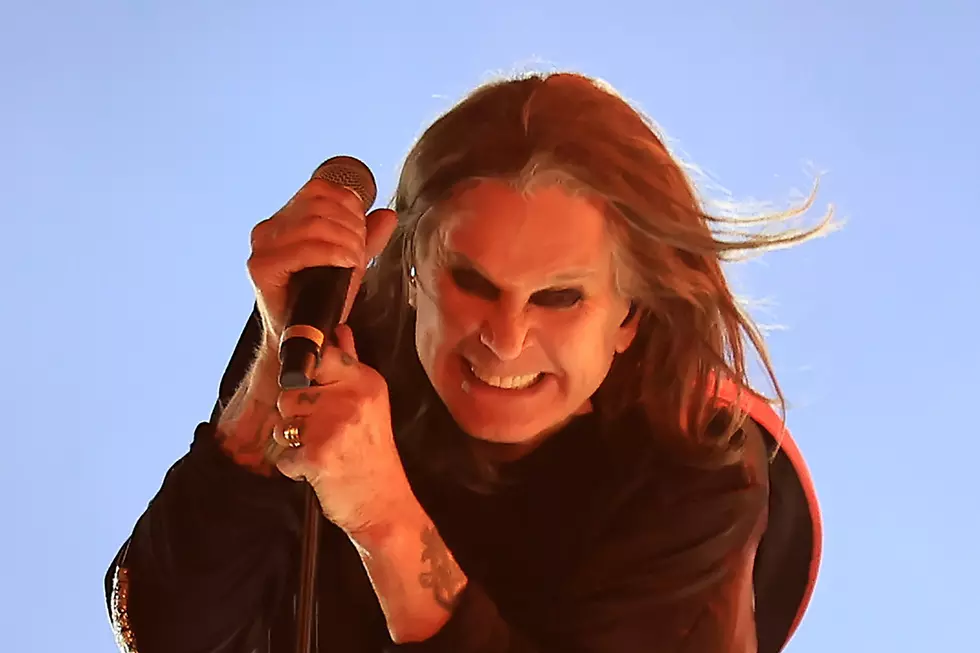
Gilby Clarke Recalls Slash Once Getting Mocked During ’90s Grunge ‘Climate Change’
The '90s were not always kind to the heavier bands who found success in the late '80s and even the biggest of the big saw a change with the impact of the grunge era. In a new interview with '80s Metal Recycle Bin (seen below), Gilby Clarke recalls several moments of noticing the shift while playing with Guns N' Roses.
The decade started out fine for the band, who were arguably the biggest group on the face of the planet after Appetite for Destruction and GN'R Lies arrived in the late '80s. The massive two-volume Use Your Illusion albums arrived in 1991 with the group pushing out single after single that kept them on the airwaves and video channels deep into 1993. But the two installments arrived just ahead of the explosion of Nirvana's Nevermind album that signaled a shift in heavy music toward bands fitting the "grunge" tag while many of the '80s groups struggled to find their footing after the shift.
Clarke recalls, "There was a lot of talk of the climate changing — a lot of it. 'Cause, obviously, Axl [Rose] was always on top of that stuff. He loved Nirvana; he loved Soundgarden; he loved Pearl Jam. He liked a lot of those bands a lot more than, I would say, myself, Slash and Duff [McKagan]; we were a little slower to the change."
The guitarist continued, "I think when we really noticed the big change is when we got off the road. I had made a solo record; Slash had made a solo record. We were playing stadiums one year, and next year we were playing clubs. Theaters sometimes and stuff — but two or three years earlier, and Slash's solo band would have been playing in an arena. So we could definitely tell the climate had changed at that point."
It wasn't just the venue availability the signaled a shift either. Clarke stated, "I remember one thing that stuck with Slash and I when we were coming out of the Rainbow [on the Sunset Strip] one time. And this was around probably '92, '93. And somebody saw Slash and goes, 'Oh, my God. Look, it's Slash.' But they were laughing, like he was a cartoon character, not Slash from Guns N' Roses, which, three or four years before that, was the coolest motherfucker on the planet."
"So that was a couple of things that we could kind of tell that things were changing a little bit," Clarke added. "Some bands were starting to be a little cartoonish rather than having the musical credibility."
Guns N' Roses released The Spaghetti Incident? in 1993, an album of covers. Though the album hit No. 4, there was a significant drop in sales from what they had been doing up to that point. Over the next several years, Clarke, Slash, Matt Sorum and Duff McKagan would all leave the band. Axl Rose and Dizzy Reed were the lone holdovers through the group's next era as Rose toiled on the Chinese Democracy album with new musicians over an extended period.
Meanwhile, the grunge era would eventually fade by 1997, with many looking at the dissolution of Soundgarden as the end of the era. That, combined with the splits or evolving of sounds of several of the acts that brought the grunge sound to the forefront, started to make way for the next shift in heavy music.
Gilby Clarke Reflects on Grunge Era With '80s Metal Recycle Bin
Top 30 Grunge Albums of All-Time
More From 95 Rock










